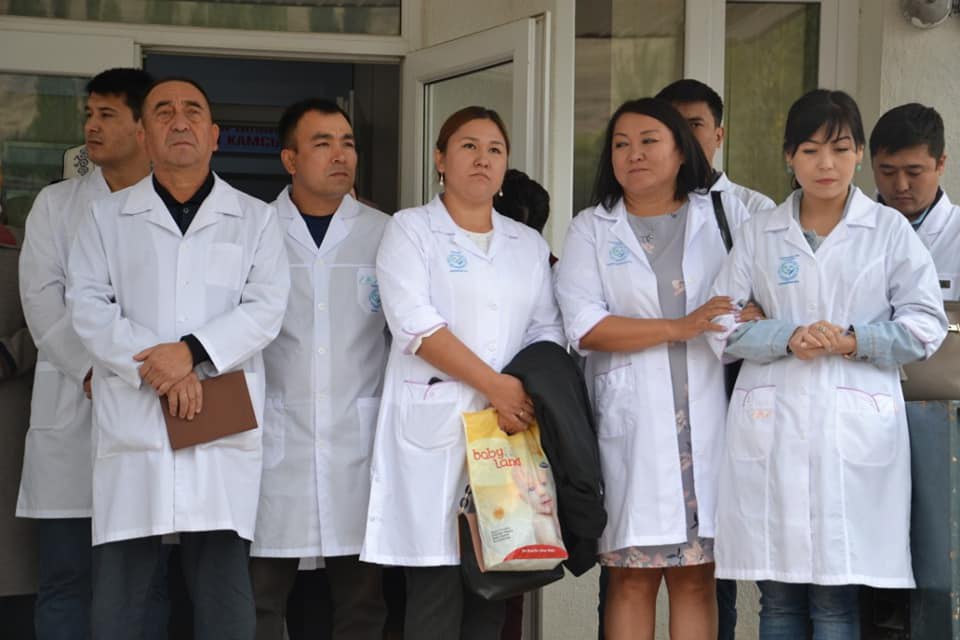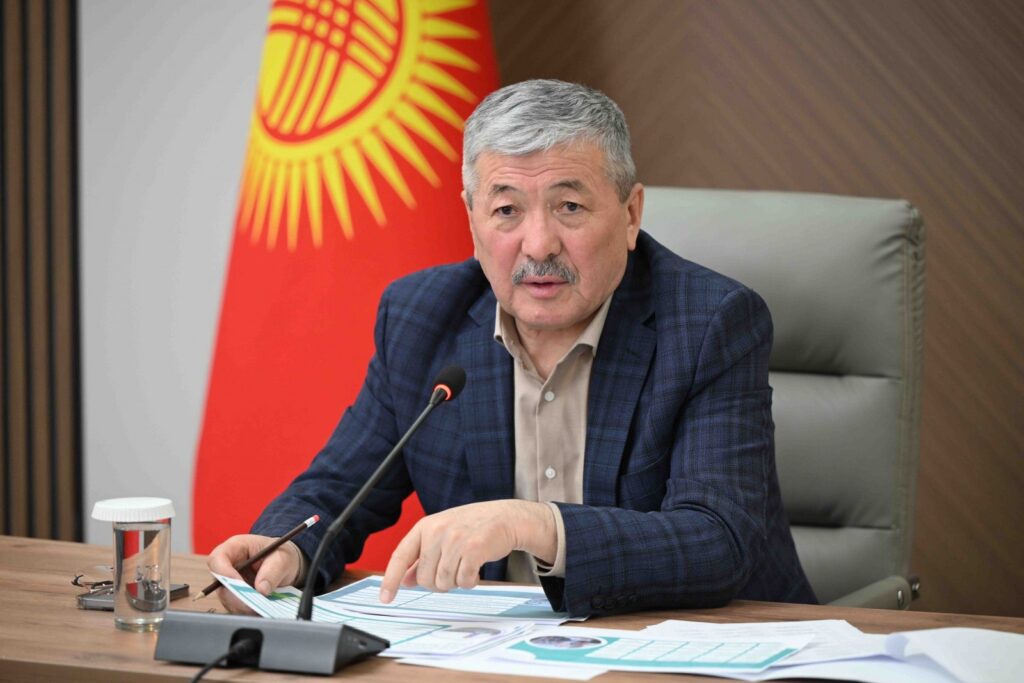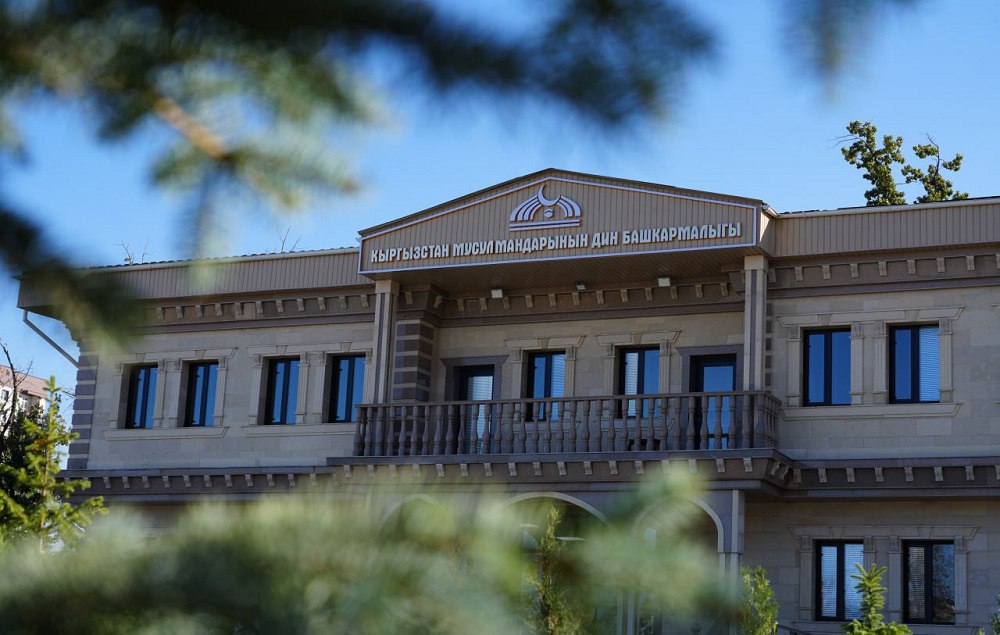Doctors in the Central Asian republic are saying that medical institutions lack emergency, intensive care, pediatric, and cardio-pulmonary drugs, as well as contraceptives and the supplies needed for safe medical abortions. Kyrgyzstan’s hospitals lack basic medicines and basic daily medications, according to Bermet Baryktabasova, head of the Kyrgyz Medical Trade Union. The Health Ministry cannot solve the problem on its own, she said, so resolution of the issue must involve the government, members of parliament (MPs) and national security services – otherwise, there will be a social catastrophe.
“There are distress signals from all regions – there are no medicines, or they are running out. Requests to [Kyrgyzpharmacy] for the supply of medicines according to needs have been lying for the second quarter since the beginning of the year… The medicines arrive without accompanying documents (delivery notes, certificates, without specifying the purchase price and other financial and authorization papers),” Baryktabasova posted on social media.
In March last year, the Kyrgyz authorities created the state enterprise, Kyrgyzpharmacy, to implement a new approach to providing hospitals with medicines at an affordable price. Later, the Cabinet of Ministers decided that the supply of drugs to public clinics will be handled by a single operator. Kyrgyzpharmacy also controls the quality of medicines, their storage and delivery, adding a 5% mark-up on the cost of goods.
“State and municipal health care organizations pay for medicines and medical devices supplied to the state enterprise Kyrgyzpharmacy from the funds provided in the budget of the organizations for the relevant year. They may also purchase medicines not on the list from Kyrgyzpharmacy if supplies are available,” the new law states.
Problems with drug availability began mainly because of a decree prohibiting the importation of medicines that had not previously passed state registration and were not included in the relevant lists. The document was supposed to reduce the risks of importing low-quality medicines. However, most foreign pharmaceutical companies did not go through the complicated registration procedure; they often aren’t interested in Kyrgyzstan’s small market.
Dastan Bekeshev, a member of the Supreme Council (Jogorku Kenesh), conducted a survey among citizens to find out what medicines are in short supply. As a result, the MP made a list of 50 items.
“I decided to find out what is the reason for the shortage of medicines and sent a list of necessary medicines to the Ministry of Health. As it turned out, the geopolitical situation and the lack of registration of many drugs are to blame. The registration procedure should be simplified: if a medicine is registered in the U.S., U.K., Europe, Japan or Russia, we should by default register it in our country. So far, the bureaucratic procedure is more important than the lives of citizens,” Bekeshev said.
Responding to the deputy, the Ministry of Health explained that 30 “items” from the list are not registered in the Kyrgyz Republic. That means these drugs cannot be imported into the country.
“In the absence of a prescribed drug in pharmacy organizations, citizens should contact their attending physicians to prescribe alternative treatment,” said the ministry in response.
It should be noted that many medicines in Kyrgyzstan are dispensed over-the-counter in pharmacies without a prescription. As a rule, citizens buy medicines for treatment on their own. Nevertheless, the Health Ministry recognizes the problem of drug shortages. Officials promised that in the near future they will organize a round-table discussion with the participation of all stakeholders.









